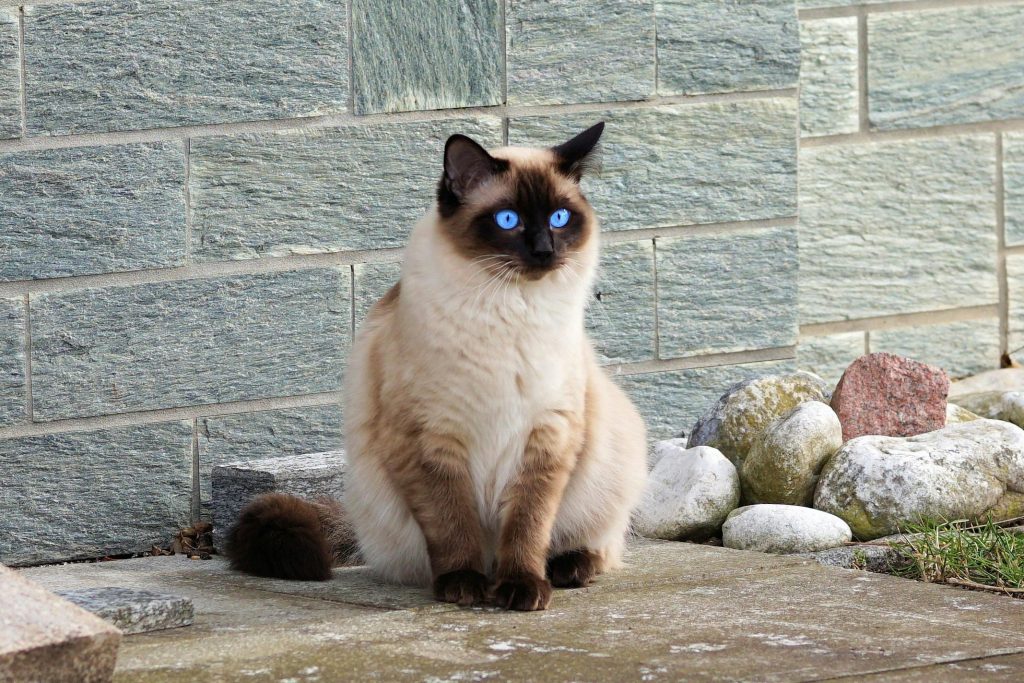With its plush coat, round face, and dignified demeanor, the British Shorthair is one of the most beloved and instantly recognizable cat breeds in the world. Whether you’re drawn to their teddy bear-like appearance or their calm, affectionate nature, these charming felines make a wonderful addition to a variety of homes.
🐾 A Noble History
The British Shorthair is one of the oldest cat breeds in the UK, thought to descend from Roman cats brought to Britain over 2,000 years ago. They were prized for their robust build and hunting abilities. Over time, they became fixtures on farms and in homes, valued for both their companionship and practical pest control.
They gained fame at the first-ever cat show in 1871 and have remained a favorite ever since. Today, the British Shorthair is often associated with elegance, calmness, and an unmistakable British charm.
😻 Appearance: Round, Plush, and Perfect
One of the most iconic features of the British Shorthair is its dense, velvety coat—thicker than many other shorthaired breeds. The most popular and widely recognized color is “British Blue,” a beautiful solid grey-blue with copper or gold eyes, but they actually come in a wide range of colors and patterns.
These cats are sturdily built, with muscular bodies, broad chests, and round faces. Their large, expressive eyes and chubby cheeks give them an adorable, almost cartoon-like look that melts hearts.
🧠 Personality: Calm, Loyal, and Low-Maintenance
British Shorthairs are known for their laid-back and easy-going temperament. They’re not typically lap cats, but they’re affectionate in their own quiet way, often enjoying being near their humans without demanding constant attention.
They’re excellent for households that prefer a more independent companion. While they’re not particularly needy, they form strong bonds with their families and tend to follow them from room to room, just to be close.
They’re also known for being:
- Great with children and other pets
- Not overly vocal
- Playful but not hyperactive
This breed is well-suited to indoor living, making them a good match for urban environments and quiet households alike.
🪮 Care & Grooming Needs
Despite their thick coat, British Shorthairs are relatively low-maintenance. A gentle brush once or twice a week helps to remove loose fur and reduce shedding—especially during seasonal changes.
They enjoy routine and can be a bit fussy about changes in their environment or routine. Maintaining a consistent feeding and play schedule helps them thrive.
Watch out for:
- Weight gain: They can be prone to obesity due to their stocky build and relaxed lifestyle.
- Dental care: Like many cats, they benefit from regular dental checks and proper hygiene.
🩺 Health Considerations
British Shorthairs are generally healthy, but they can be genetically predisposed to:
- Hypertrophic cardiomyopathy (HCM) – a common heart condition in cats.
- Polycystic kidney disease (PKD) – more common in certain lines, so responsible breeding matters.
Regular vet check-ups and a healthy diet will go a long way toward ensuring a long, happy life—these cats can live 14–20 years or more!
🏡 Is the British Shorthair Right for You?
If you’re looking for a calm, quiet, and independent cat with a luxurious coat and an affectionate (but not clingy) nature, the British Shorthair may be your ideal feline companion.
They adapt well to family life, are typically gentle with children, and aren’t bothered by the hustle and bustle of home life—as long as they have a cozy spot to lounge and some affection on their terms.
In Summary
The British Shorthair is a classic breed that combines old-world elegance with modern charm. Their quiet confidence, plush coat, and undemanding personality make them an excellent choice for cat lovers of all ages and lifestyles.
📝 Thinking of adopting one? Make sure you connect with a responsible breeder or consider rescue options. Already own a British Shorthair? We’d love to hear about them—share your stories and photos in the comments!


